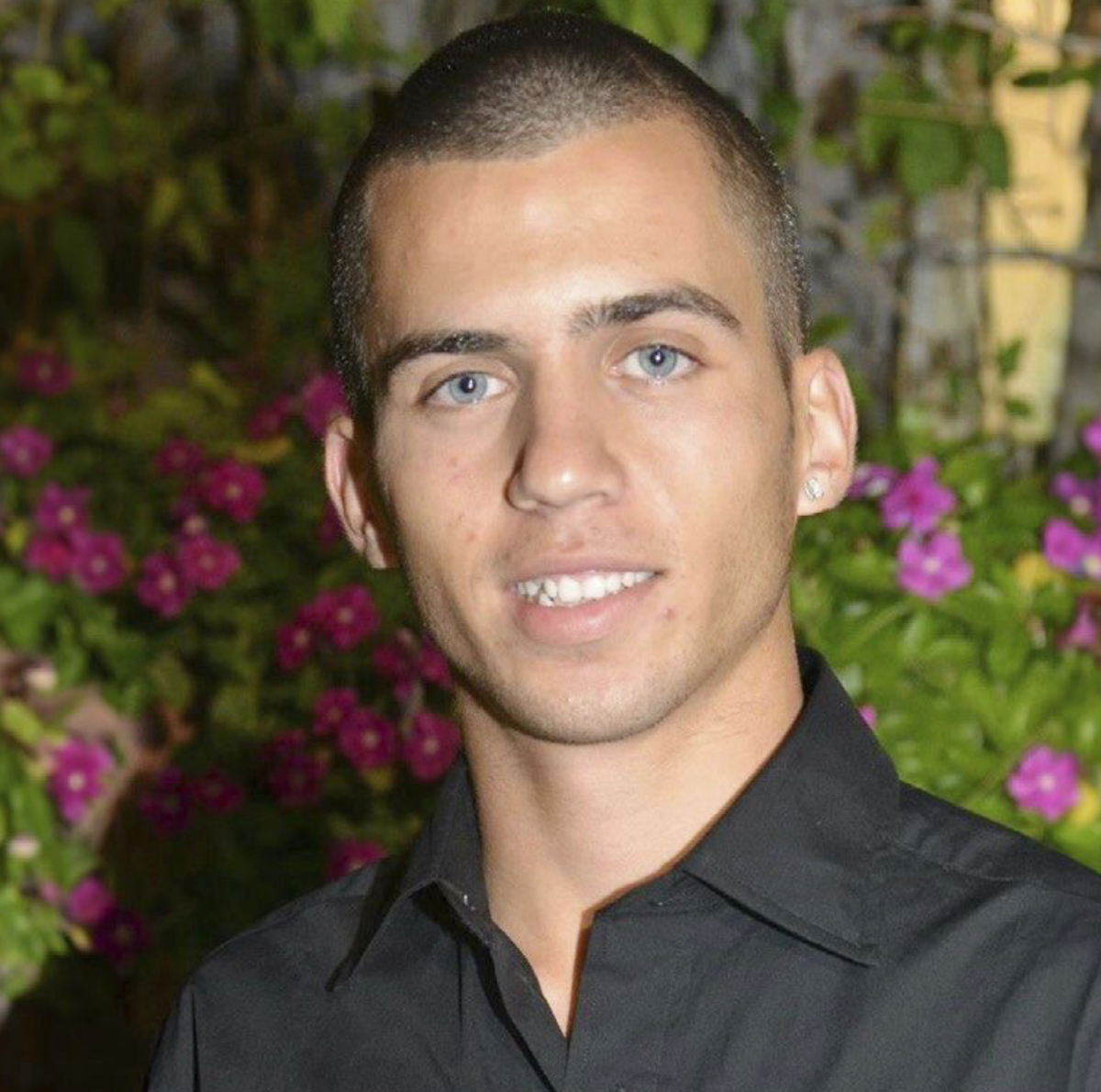CAIRO: Israeli bombing on Thursday flattened a mosque and destroyed homes in Rafah in a fierce surge of violence in the city, while the Hamas chief was in Cairo for talks Gazans hope could bring a truce and head off a full-blown assault on the city.
In Khan Younis, the territory’s principal battlefield since Israel launched an assault on the city last month, Israeli forces withdrew from the Nasser Medical Complex a week after raiding it, the Palestinian enclave’s health ministry said.
The World Health Organization had said earlier it aimed to evacuate some of the roughly 140 patients stranded there, where Palestinian officials said bodies of dead patients had begun to decompose amid power cuts and fighting.
Israel gave no immediate comment.
In Rafah, mourners wept over at least seven corpses in body bags, laid on cobbles outside a morgue in the city hard against the Egyptian border, where over half of the Palestinian enclave’s 2.3 million people huddled, mostly in tents.
“They took the people I love, they took a piece of my heart,” wailed Dina Al-Shaer, whose brother and his family were killed in an overnight strike.
Gaza health authorities said 97 people were confirmed killed and 130 wounded in the last 24 hours of Israeli assaults, but many more victims were still under rubble.
Rafah’s Al-Farouk mosque was flattened into slabs of concrete, and the facades of adjacent buildings were blasted away. Authorities said four houses had been struck in the south of the city and three in the center.
Residents said the bombing was the heaviest since an Israeli raid on the city 10 days ago that freed two hostages and killed scores of civilians.
“We couldn’t sleep, the sounds of explosions and planes roaring overhead didn’t stop,” said Jehad Abuemad, 34, who lives with his family in a tent. “We could hear children crying in nearby tents, people here are desperate and defenseless.”
The head of Medecins Sans Frontieres (Doctors Without Borders) told the United Nations Security Council in New York that children who survive the war will not only bear the visible wounds of traumatic injuries, but the invisible ones too.
“These psychological injuries have led children as young as five to tell us that they would prefer to die,” said Christopher Lockyear.
Gaza authorities said at least 20 people were also killed by bombing of two houses in a central part of the Gaza Strip, the only other substantial area yet to be stormed by Israeli forces.
Israel launched its campaign in Gaza after Hamas militants who control the territory stormed through Israeli towns on Oct. 7, killing 1,200 people and seizing 253 hostages according to Israeli tallies.
Since then, nearly 30,000 people have been confirmed killed in Gaza, according to health authorities, with thousands more feared dead, unrecovered under ruins.
HAMAS LEADER IN CAIRO FOR TALKS
Israel has threatened to launch a full-blown attack on Rafah, the last city at Gaza’s southern edge, despite international pleas — including from its main ally Washington — for restraint.
Residents who have fled to Rafah from elsewhere say there is nowhere left to go. Meanwhile, an already meagre aid flow has almost completely dried up.
The heads of the main UN relief agencies, including UNHCR, UNICEF, WFP and the WHO, released a letter pleading for an immediate humanitarian ceasefire and warning that further escalation into Rafah would cause mass casualties.
Talks to reach a ceasefire failed two weeks ago, when Israeli Prime Minister Benjamin Netanyahu rejected a counteroffer from Hamas for a four-and-a-half month truce that would end with an Israeli withdrawal.
Hamas, still believed to be holding more than 100 hostages, says it will not free them unless Israel agrees to end fighting and withdraw. Israel says it will not pull out until Hamas is eradicated.
The arrival of Hamas chief Ismail Haniyeh in Cairo this week for his first publicly announced visit since December was the strongest sign for weeks that negotiations remain alive. Haniyeh has met Egyptian mediators, but so far little has been said in public.
Sami Abu Zuhri, a senior Hamas official, told Reuters that Israel was now backtracking on terms the country had accepted weeks ago in a ceasefire offer hammered out with US, Egyptian and Qatari mediators.
“The occupation is not interested in achieving any agreement,” he said, accusing Netanyahu of ignoring the issue of freeing captives in a prisoner swap. “All he is concerned about is continuing the execution of Palestinians in Gaza.”
There was no immediate response from Israeli officials. Netanyahu has said he would not agree to Hamas’ “delusional demands,” but that if the group were to show flexibility progress would be possible.
In one of the first indications of how Israel sees Gaza being run after the war, a senior Israeli official said Israel was looking for Palestinians with no links to either Hamas or the rival Palestinian Authority based in the West Bank, to set up a civil administration in “humanitarian pockets” of Gaza.
“We’re looking for the right people to step up to the plate,” the official told Reuters on condition of anonymity. “But it is clear that this will take time, as no one will come forward if they think Hamas will put a bullet in their head.”
The plan was dismissed by Palestinians, including both Hamas and the umbrella Palestinian Liberation Organization of its main rivals, as an unworkable formula for Israeli occupation.
“We are confident this project is pointless and is a sign of confusion and it will never succeed,” Abu Zuhri of Hamas told Reuters.























